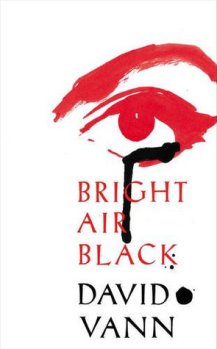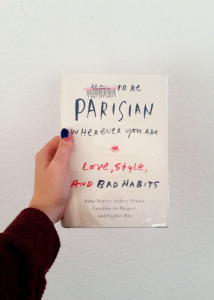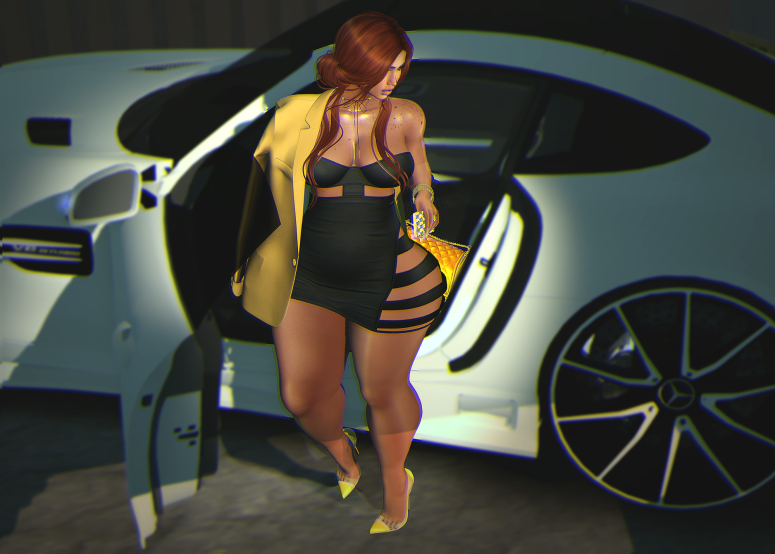
Bright Air Black by David Vann
US pub date: March 7, 2017
★★★★★
Bright Air Black is lyrical retelling of the story of Jason and Medea, drawing on elements from the Argonautica and Euripides’ Medea to craft a tale that’s at once unique and familiar. Book I of David Vann’s novel begins in medias res: Medea has just killed her brother, and is helping the Argonauts flee from her father Aeetes, which she reflects on as they sail from her home in Colchis to Jason’s home in Iolcus, having obtained the Golden Fleece. Book II follows Medea as she assists in Jason’s ascent to power, before the novel finally culminates in the story’s famously tragic and violent conclusion.
Vann’s Medea is instantly recognizable as the notorious, vengeful priestess that we know from the classics, rage personified. But rather than resting on this archetype, Vann goes further. Here Medea’s rage isn’t only portrayed, but thoroughly examined. Bright Air Black is more analysis than portrait as Vann deconstructs Medea, rationalizing her, humanizing her.
Being a feminist and being a fan of classical literature are two facets of my life which are at odds more often than not. So when I read modern retellings, I’m really looking for female characters to be afforded the same depth and quality of narrative voice as their male counterparts have been through the ages. In this regard, Bright Air Black is a resounding success. Violent, vindictive, impenitent, Medea seems more villain than hero. And yet. Driven by a singular desire for agency, Medea is rendered sympathetic by Vann, almost hauntingly so.
Reading Vann’s prose is a bit like being suffocated, or being submerged under water. Meditative and contemplative but also characterized by a pervasive darkness, this is a story that’s both grotesque and spellbinding. The fragmented sentences take some getting used to, and this style undoubtedly won’t appeal to everyone. Admittedly I tend to be wary of novels which deal in experimental prose, because more often than not, there’s just no reason aside from showcasing the author’s skill. I didn’t find that was the case here. I was quickly entranced by the rhythmic cadence of Medea’s thoughts, which break like waves crashing relentlessly through this narrative. This is a rare example of poetic prose where form and content complement one another masterfully; Medea’s character is inextricably tied to this terse and fragmentary style of writing. Very few authors could pull this off, but Vann does so with aplomb.
Usually a 5 star rating from me means ‘everyone read this book immediately.’ However, I do get the feeling that this may be a little too niche to recommend to the world at large. I’d highly recommend reading Euripides’ Medea or at least reading up on the myth before starting this. It’s not that the story isn’t sufficiently self-contained in these pages, but as an interpretation which is more character driven than plot driven, it’s probably not an ideal starting point.
I do want to stress that Bright Air Black is far from perfect. The pacing is uneven, far too much time is spent on the voyage from Colchis, the ending is abrupt. But these imperfections seem almost appropriate, in a way, because this is a tour de force, electrically charged work whose strength lies in its unapologetically tense and frantic approach. This is ultimately a bold and fearless examination of agency, power, and one woman’s rage. Medea, destroyer of kings.
I received a copy of this book from Netgalley in exchange for an honest review. Thank you Netgalley, Grove Atlantic, and David Vann. If you’re interested in brushing up on your classics before diving into this, here are some works on Medea and Jason to help you get started:- Euripides: Medea
- Seneca the Younger: Medea
- Apollonius of Rhodes: Jason and the Golden Fleece (The Argonautica)
- Christa Wolf: Medea
- Jean Anouilh: Médée
+ link to review on goodreads
Advertisements Share this:




